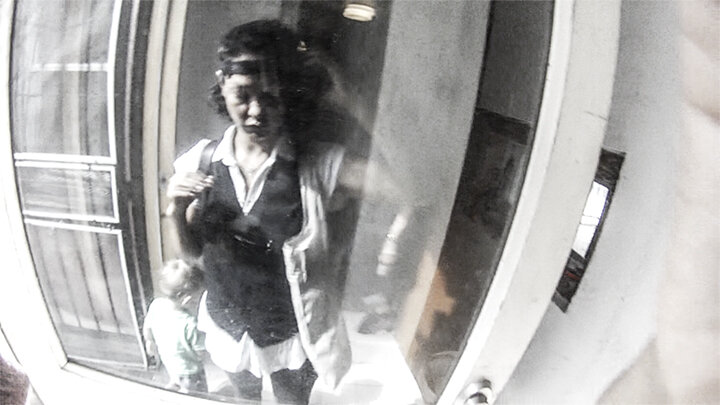“We worry about being naked on the street, but we don’t worry about being naked on the Internet,” says artist Paolo Cirio.
I have no video to post today and I have no intention to create situations to record. Instead I am taking this opportunity to look at other projects artists have done that have a relationship to this project. I have included an article from 2014 by Barbara Pollack. The historical examples she presents are very different because the surveillance is done in secret; most of the artists are hiding in distant or dark locations filming unaware people. The Civilian Body Camera project is about equal presence, the exposure of both the artist and the subject happen simultaneously. There is more content in the experience than there is the documentation. The transparency of me filming you in public space is direct, and I look for ways to situate myself openly in order to invite dialogue, questions, and feedback. In this project we are all naked on the street.
Quotes from Pollack's article (more for my own interest in keeping notes):
"...Facebook and other Internet companies now assert the right to possess all of the material that users post online, including photographs."
"'Because of the proliferation of public surveillance cameras, you can’t help being aware that you are being recorded by a camera, just by walking down the street. You have no idea who is collecting this information or how it is being analyzed and how close the analysts tracking you are,' says ICP curator Christopher Phillips. "
"In New York State, the right to privacy is narrowly construed to apply only to situations in which a person’s likeness is used without consent for advertising or other commercial purposes."
READING
WHEN DOES SURVEILLANCE ART CROSS THE LINE?, By Barbara Pollack, ArtNews, Sept. 2014.
